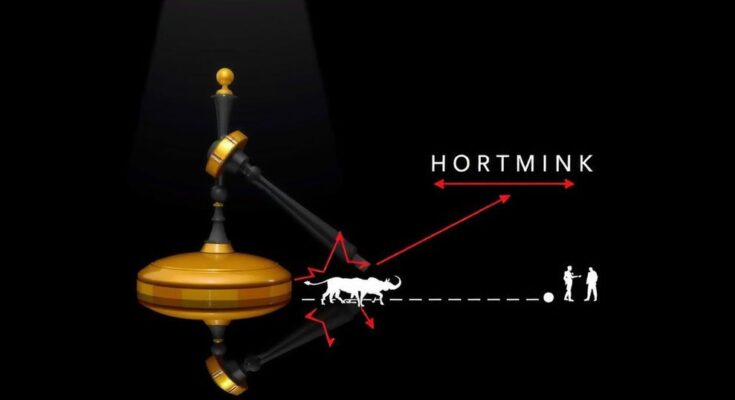Uganda’s appeals court will hear a pivotal case questioning the use of seclusion and restraints on individuals with psychosocial disabilities. Benon Kabale, who suffered inhumane treatment at Butabika hospital, seeks to declare these practices as violations of human rights. Advocacy groups argue for compassionate and rights-based mental health care, urging an end to coercive treatments.
This week, Uganda’s appeals court is poised to tackle a pivotal case concerning the treatment of individuals with psychosocial disabilities within the country’s mental health facilities. The case, sparked by the advocacy of Benon Kabale and the Centre for Human Rights and Development (CEHURD), questions the legality and morality of using seclusion and restraints, practices often seen as outdated and harmful. Kabale’s harrowing experiences in 2005 and 2010 at Butabika hospital serve as a powerful backdrop to this legal battle, embodying the painful struggles many face in a system that is meant to provide care but instead has often perpetuated suffering. In a shocking incident, Kabale was forcibly restrained and placed in a sealed, dark room devoid of light, warmth, and comfort—an experience that left him not only physically vulnerable but deeply traumatized. Despite his courageous appeal for justice after the high court’s ruling in 2018, which dismissed his testimony based on misconceptions about mental health, he has continued to rally for change. The Ugandan government’s Mental Health Act of 2018, while legalizing seclusion, has drawn criticism from international bodies like the World Health Organization (WHO), who assert that such coercive measures do more harm than good. Kabale’s desperate hope resonates with many who understand the fundamental right to dignity and informed consent in health treatment. This case is not merely a legal proceeding but a reflection of the broader struggle for recognition and rights for people living with psychosocial disabilities in Uganda. As the Court of Appeal deliberates, there is a unique opportunity to challenge entrenched stigmas and advocate for a more compassionate and informed approach to mental health treatment across the nation. The echoes of Kabale’s plight should be a clarion call for reform, urging Ugandan authorities to reassess their mental health treatment protocols and eliminate coercive practices that suppress individual autonomy and recovery. Regardless of the court’s outcome, the conversation sparked by this case reflects a thirst for dignity and humanity in care for the most vulnerable members of society.
The issue at the heart of this case illustrates a critical intersection between mental health care and human rights in Uganda. A legacy of stigma and misunderstanding regarding psychosocial disabilities often leads to coercive treatment practices that disregard individual autonomy. The advent of the Mental Health Act in 2018 ignited new debates regarding the legality of seclusion and restraints, further necessitating community advocacy to ensure that treatment options honor the rights and dignity of those affected.
The ongoing case at Uganda’s appeals court highlights a significant struggle for the rights of individuals with psychosocial disabilities. With haunting testimonies like Kabale’s underscoring the need for reform, the court holds the power to reshape the narrative surrounding mental health care in Uganda. Ultimately, comprehensive changes to health policies will be essential in safeguarding the dignity and rights of individuals facing mental health challenges. The journey towards a more humane system starts by challenging harmful practices and advocating for patient-centered care.
Original Source: www.hrw.org



